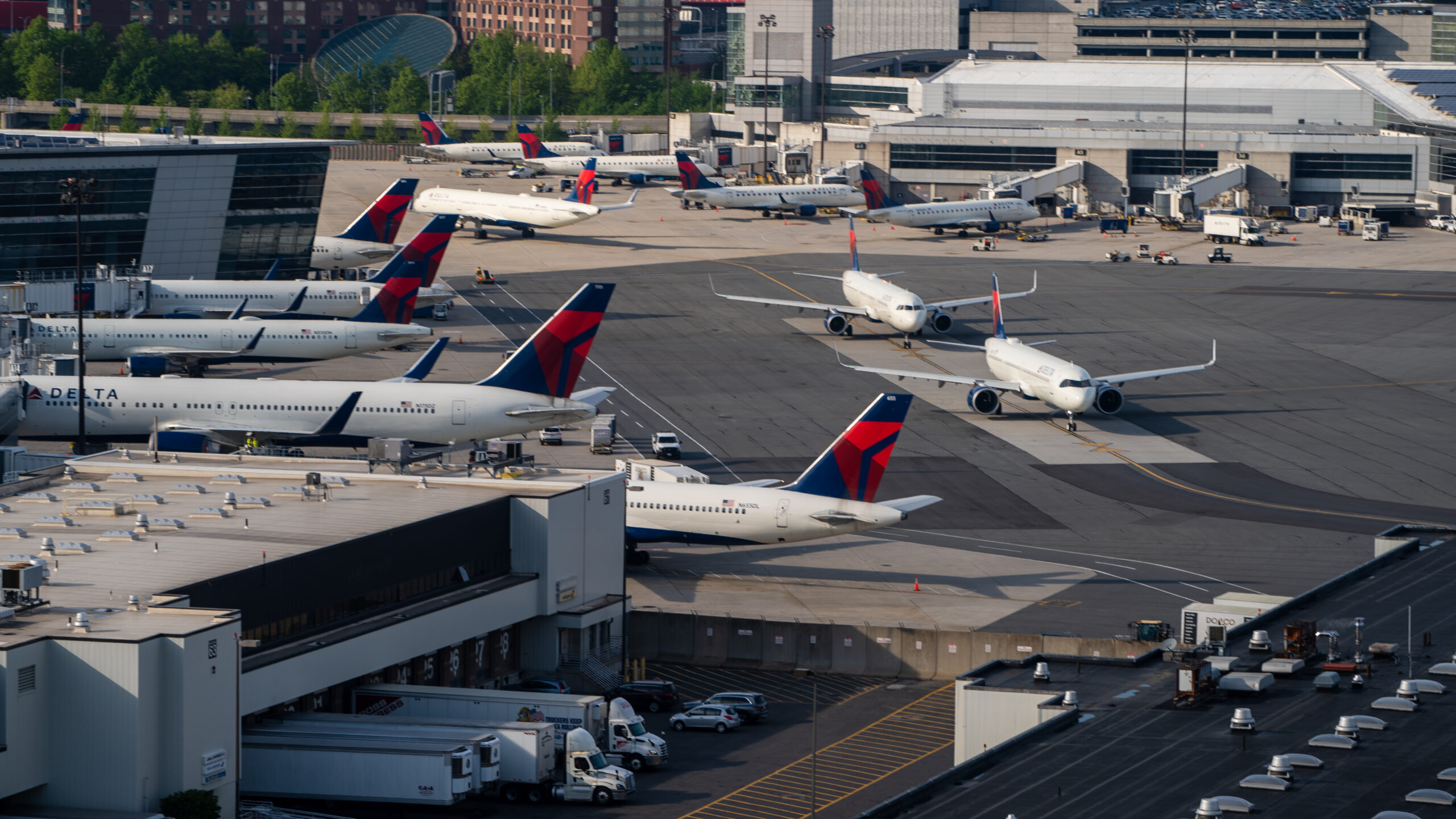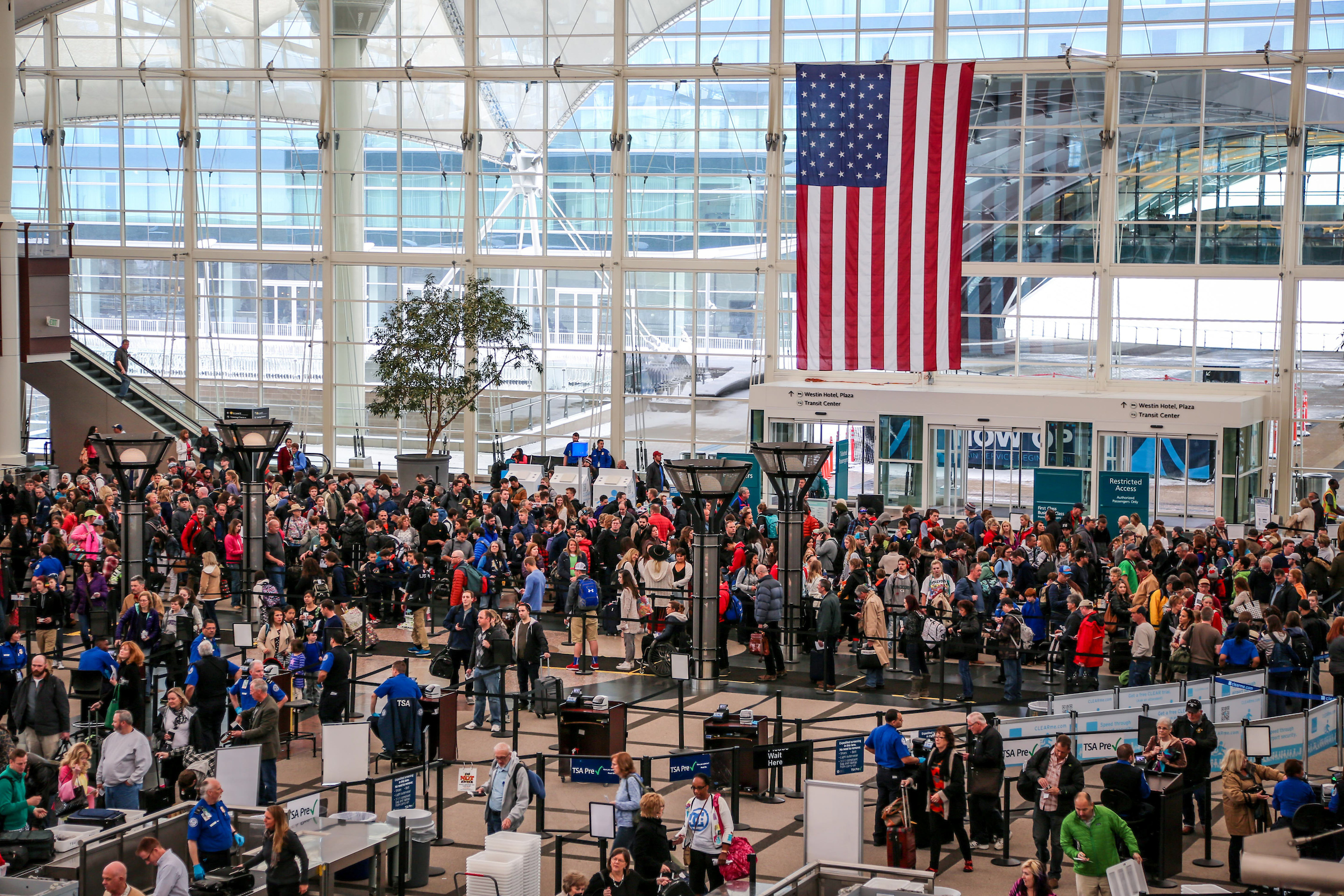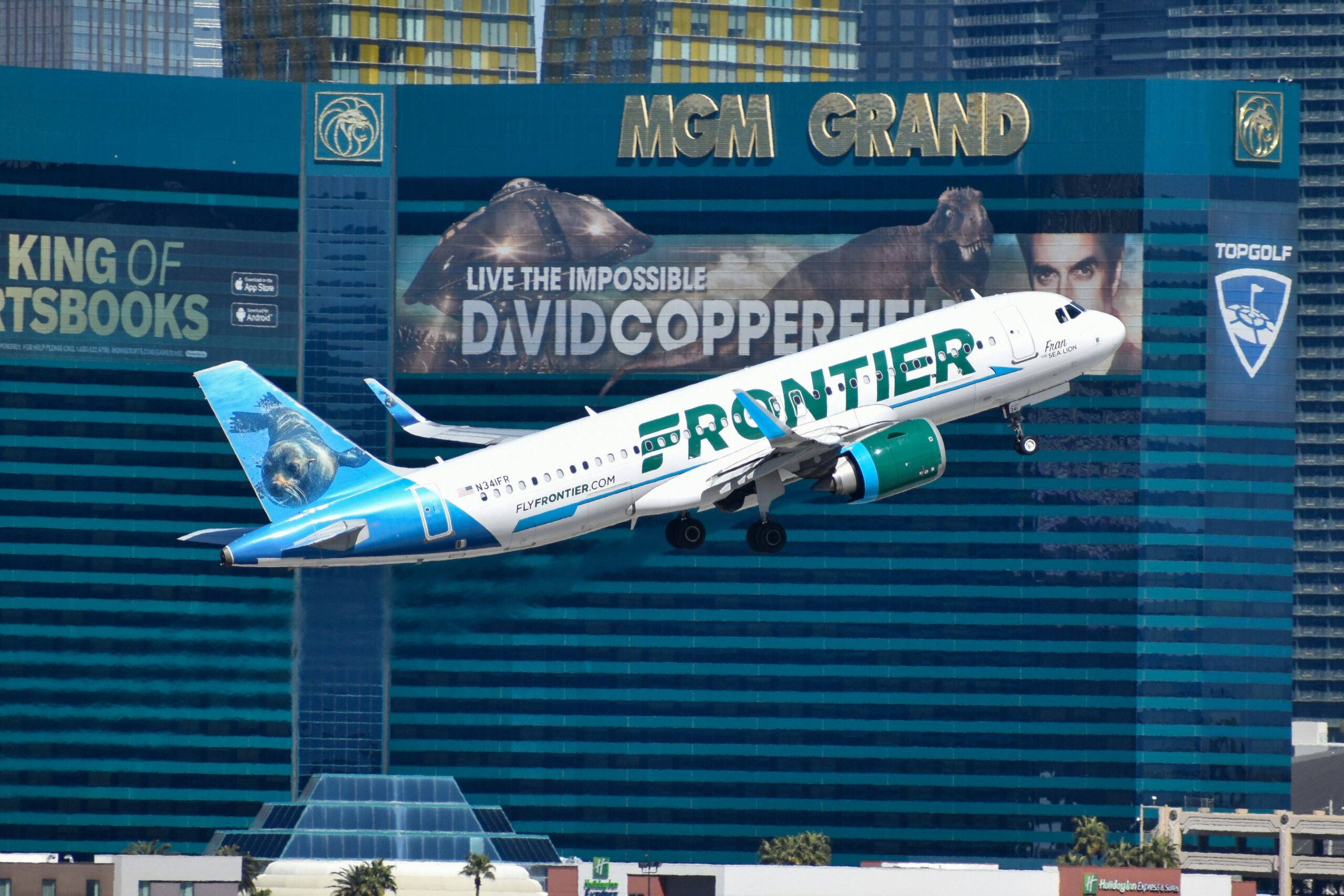Riyadh Air Delays Launch Amid Boeing 787 Delivery Challenges
Awaiting its first planes, Boeing 787 Dreamliners, Riyadh startup won’t launch until at least the summer
by Lauren Smith
January 21, 2025
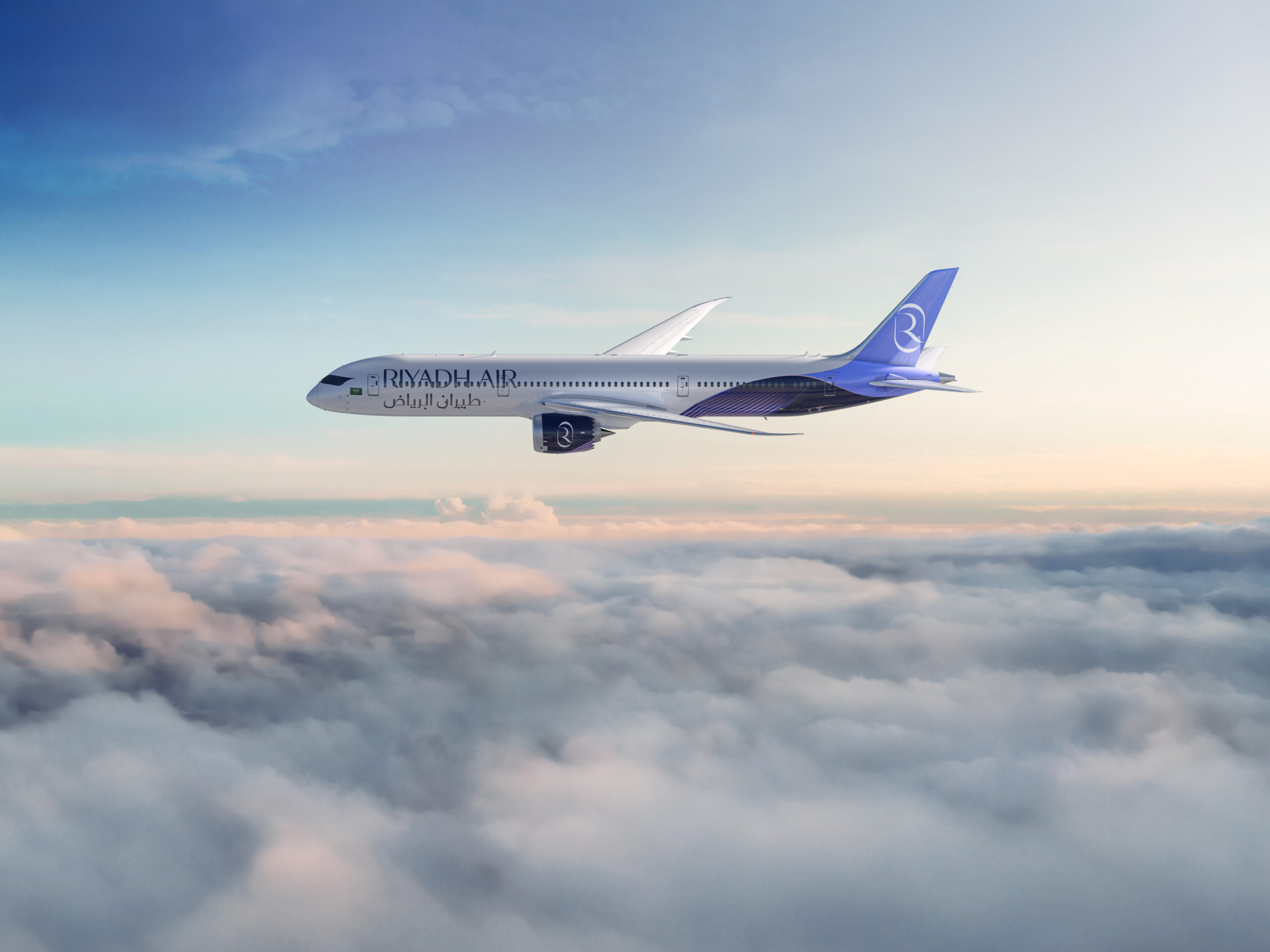
Photo: Courtesy of Riyadh Air
Still awaiting the delivery of more Boeing 787 Dreamliners, Saudi startup carrier Riyadh Air has been forced to postpone its launch until at least the second half of 2025.
The Saudi government hoped to get its new airline airborne within two years of its March 2023 announcement to support its push into tourism under Crown Prince Mohammed bin Salman.
The carrier selected the Boeing 787-9 Dreamliner as the workhorse of its fleet, ordering 39 of the American-made jets, with options for 33 more. It hoped to take delivery of the first eight of those jets this year and to launch around now.
But Riyadh Air’s hangars are still empty after a tumultuous year for Boeing.
Setbacks for Saudi Arabia’s New Airline
The airline says it will now receive just four Dreamliners this year, half of the number it anticipated, with the first deliveries expected in July the earliest. That timeline will push Riyadh Air’s launch to later in the year, should Boeing come through.
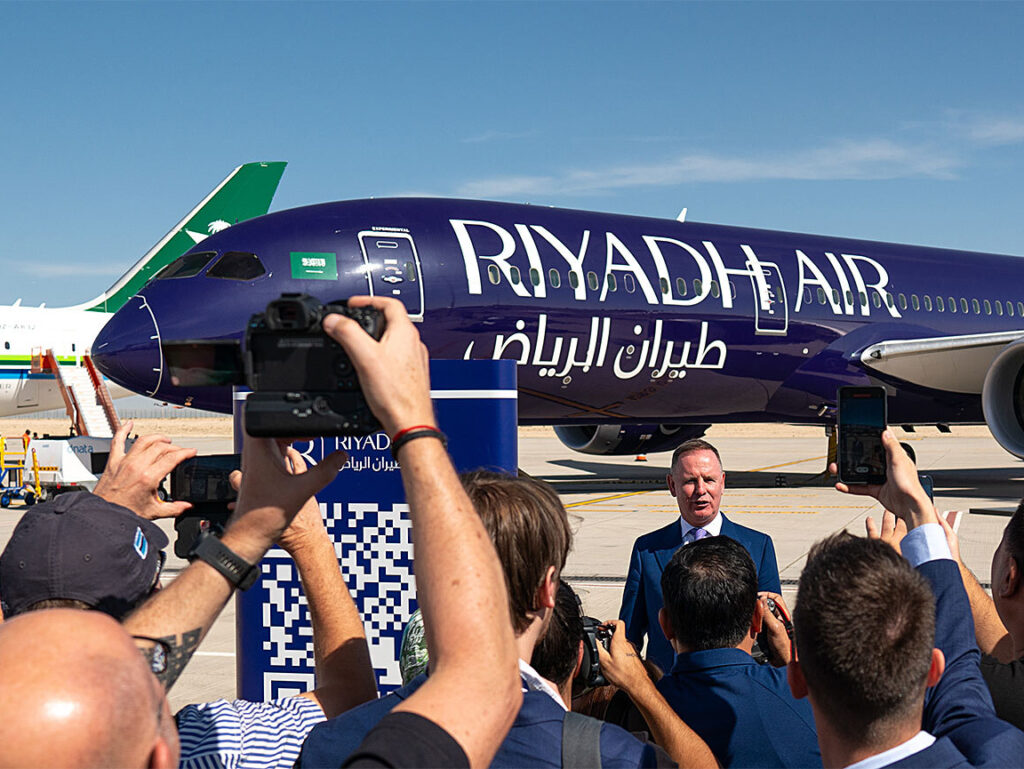
Photo: Courtesy of Riyadh Air
“I am confident, given the latest forecast, that we’ll get deliveries this year. Is it completely without risk? Obviously no, it’s not,” Riyadh Air chief executive Tony Douglas told Bloomberg News while admitting the delivery date could be further postponed.
“We have obviously pivoted like everybody else has on a number of occasions to be able to adjust to the latest forecast,” he said.
Boeing Faces Delivery Challenges
In a statement, Boeing said: “We continue to work closely with Riyadh Air on their delivery schedule and look forward to supporting Riyadh’s inaugural operations.”
The Seattle-based aviation manufacturer delivered 51 Dreamliners in 2024. In total, it handed airlines and leasing companies just 348 aircraft last year, a third fewer than it delivered in 2023 and its lowest number since the pandemic. It’s also less than half the number that competitor Airbus produced.
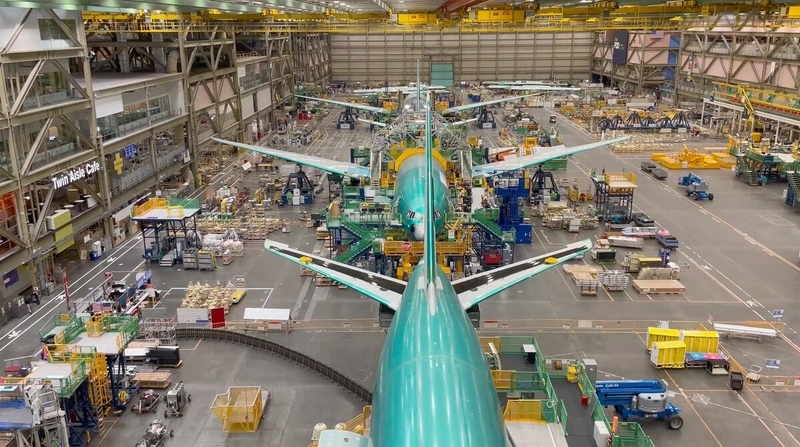
Photo: Courtesy of Boeing Commercial Airplanes
The year began nearly catastrophically for Boeing, after an Alaska Airlines-operated 737 MAX 9 lost a door plug and suffered an uncontrolled decompression mid-flight on January 5. While injuries were minor, the near-disaster plastered Boeing’s name in dire headlines, leaving travelers jittery and regulators wary.
In the aftermath, the Federal Aviation Administration (FAA) capped the number of the best-selling 737 MAX jets that could roll off Boeing’s assembly lines to 38 each month until the company could convince regulators it had addressed quality and safety issues.
The FAA has also declined to certify the Boeing 737 MAX 10 over safety concerns, and orders of all 737 Max models have fallen, increasing financial pressure on Boeing. The manufacturer has posted losses since 2019 after two fatal crashes of 737 MAX planes led to a months-long global grounding of the model.
Boeing also faced a 53-day strike by machinists at two factories in Washington state. And the post-pandemic supply chain holdups of 2022 haven’t gone away.
Airlines Warn of Ongoing Delays
Riyadh Air isn’t the only airline adjusting its plans while awaiting Boeing jets. Budget carrier Ryanair has trimmed its passenger growth forecasts after not receiving as many 737 MAX planes as it hoped.
With new jets not materializing, Ryanair, Southwest Airlines, and other carriers have been forced to keep older aircraft operational longer, often spending money to overhaul them.
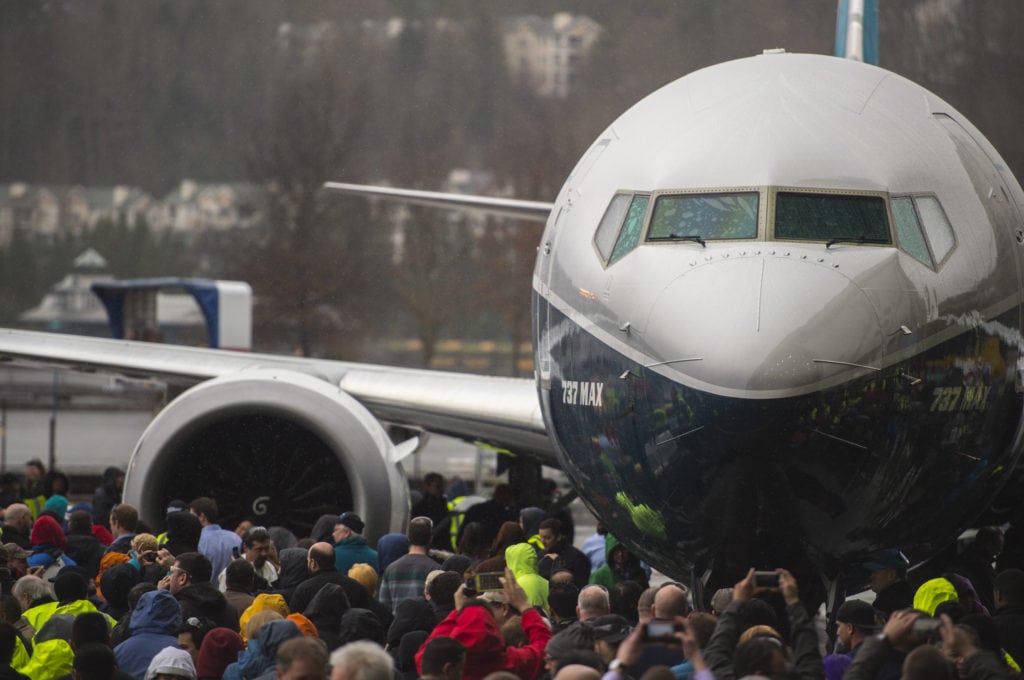
Photo: Courtesy of Boeing Commercial Airplanes
Willie Walsh, director general of the International Air Transport Association (IATA), said postponed deliveries by Boeing and Airbus are “going to be a problem for a number of years to come.”
“It’s massively frustrating for airline CEOs, and it’s having a big impact,” he told an Irish thinktank in October.
Riyadh Air Orders Airbus Jets
Last autumn, Riyadh Air CEO Douglas insisted his airline has “great relationships” with Boeing. However, the airline has already moved to diversify its fleet, with an order for 60 Airbus A321 jets.
When it does launch, Riyadh Air is expected to connect Saudi Arabia to major international cities and funnel tourists into the Kingdom. Aiming to diversify its economy from fossil fuels, Saudi Arabia hopes to attract 150 million visitors annually by the end of the decade, including futuristic new attractions and cities on the Red Sea.

